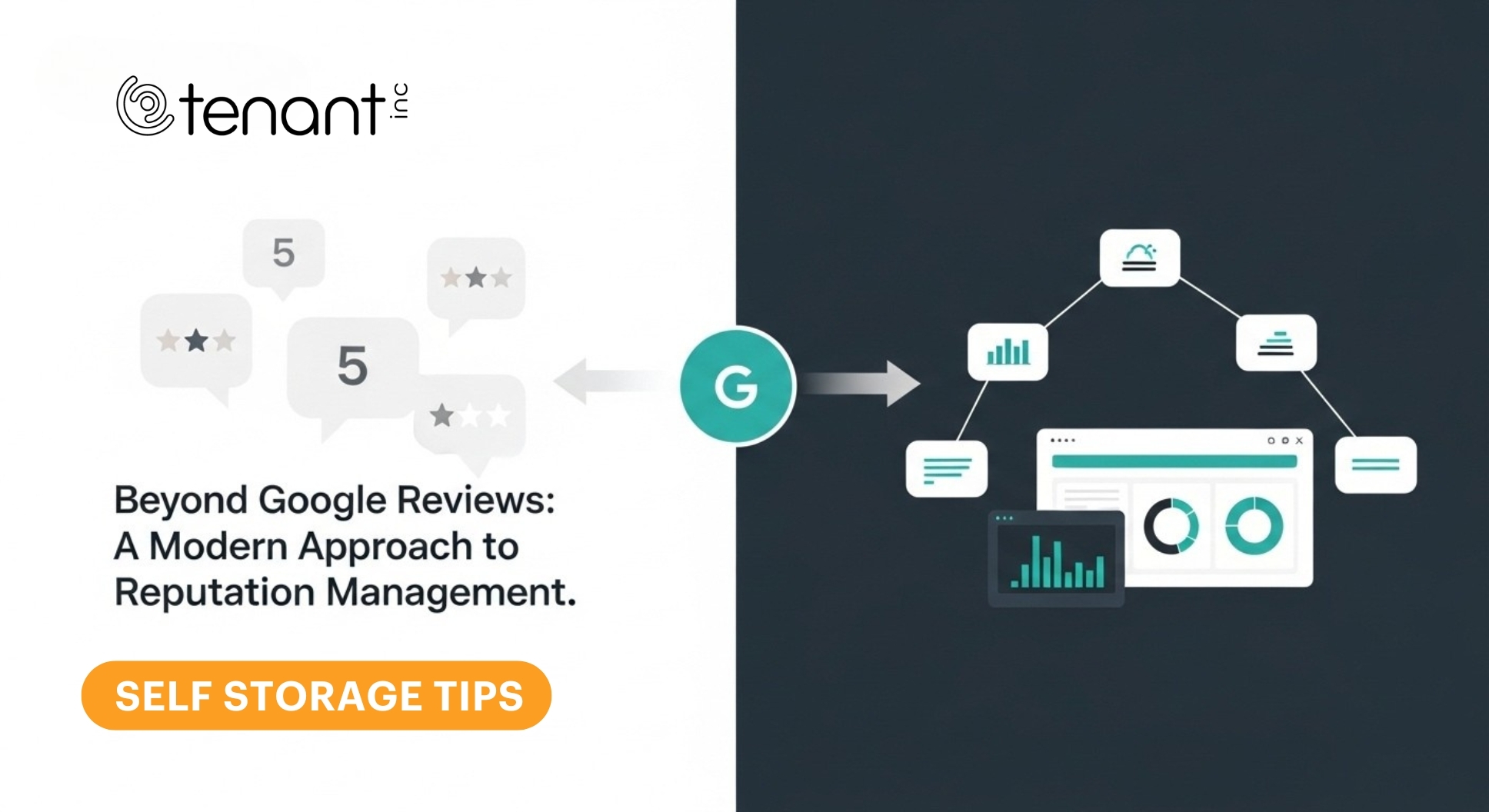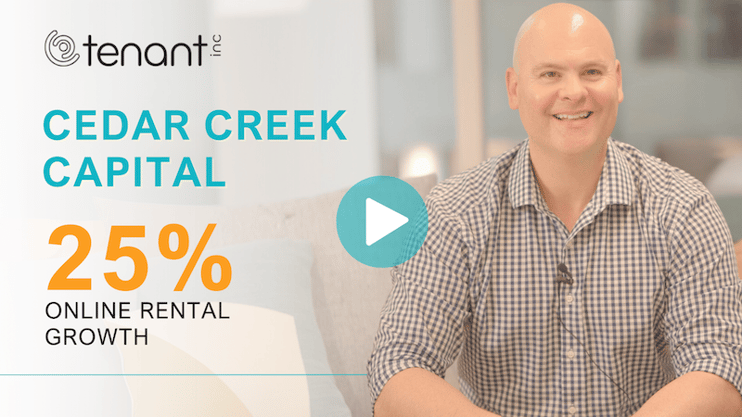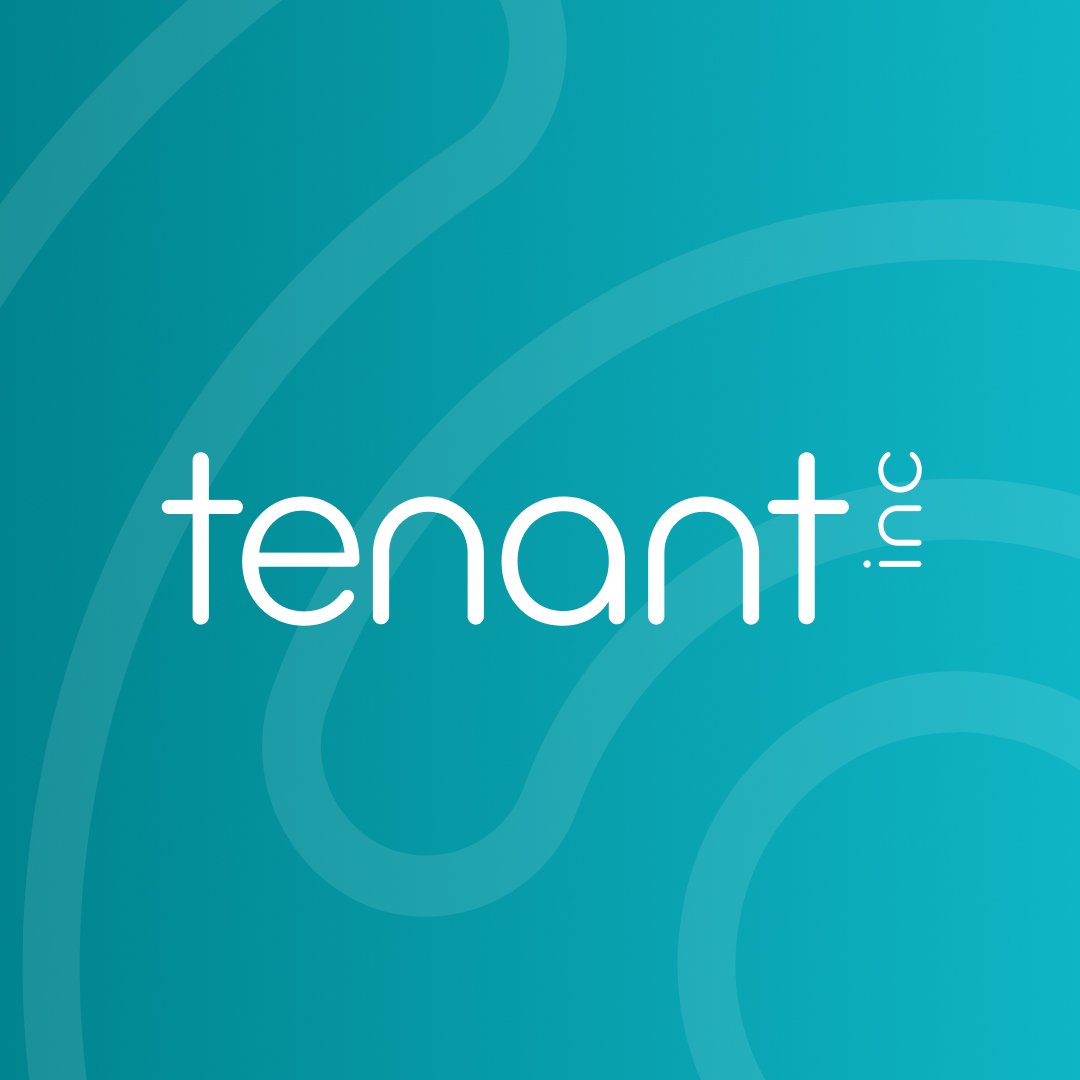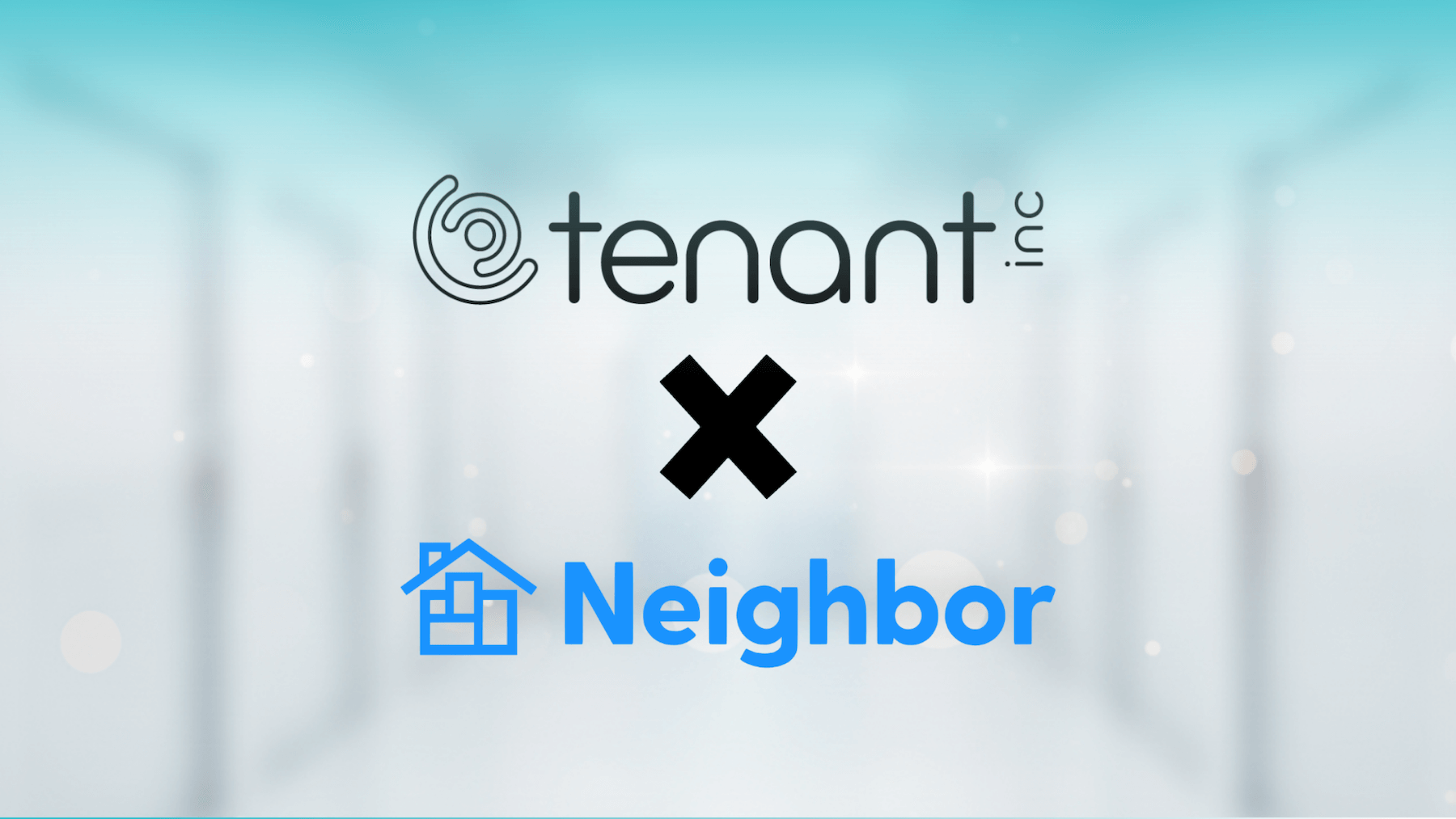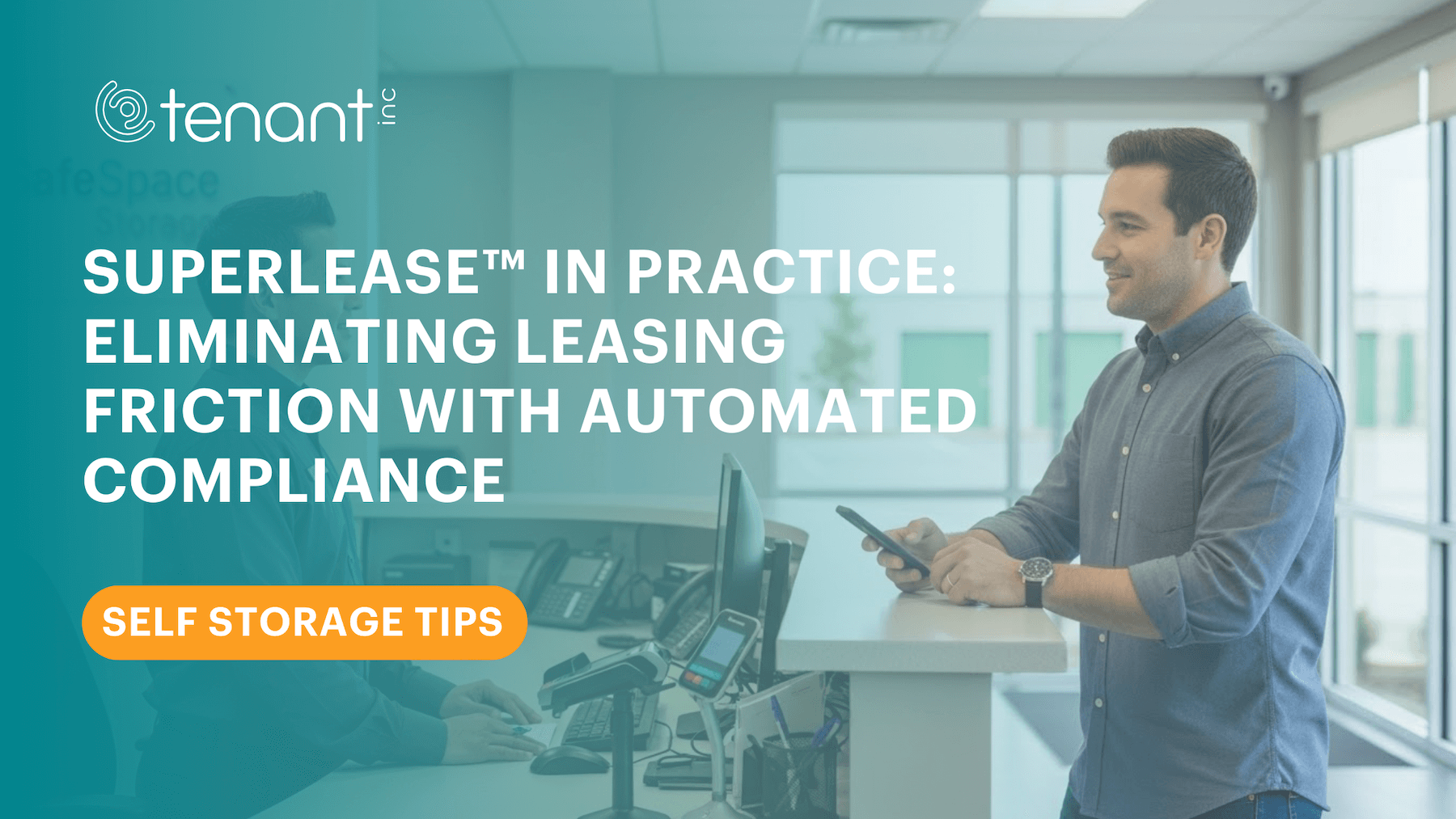In the world of self-storage, reputation isn’t a nice-to-have—it’s a foundational business asset. And while most operators know that online reviews matter, the reality is: relying on Google Reviews alone is no longer enough.
At its core, your facility’s reputation is built on trust—and trust is earned not just by what clients say about you, but how you show up online and in operations. The facilities that win today understand this shift and adopt a broader, smarter approach to managing reputation. Here’s how.
Why the Traditional Review Playbook Falls Short
For years, the playbook went something like:
- Claim your Google Business Profile.
- Ask happy tenants for reviews.
- Respond to negative reviews.
- Rinse and repeat.
That formula still matters—but it misses the bigger picture. Why? Because:
- Reviews are now just one dimension of what prospective renters see. Your website experience, ease of move-in, unit availability, pricing transparency and rental process all feed into perceived reputational strength.
- Search algorithms reward consistent signals—not just high star ratings. A single five-star review on Google won’t outweigh months of low volume or inconsistent responses.
- The self-storage customer journey now begins long before move-in. If your online footprint, response time or clarity don’t stack up, a renter may never even call.
In short: You’re no longer just competing on units and rates, you’re competing on credibility.
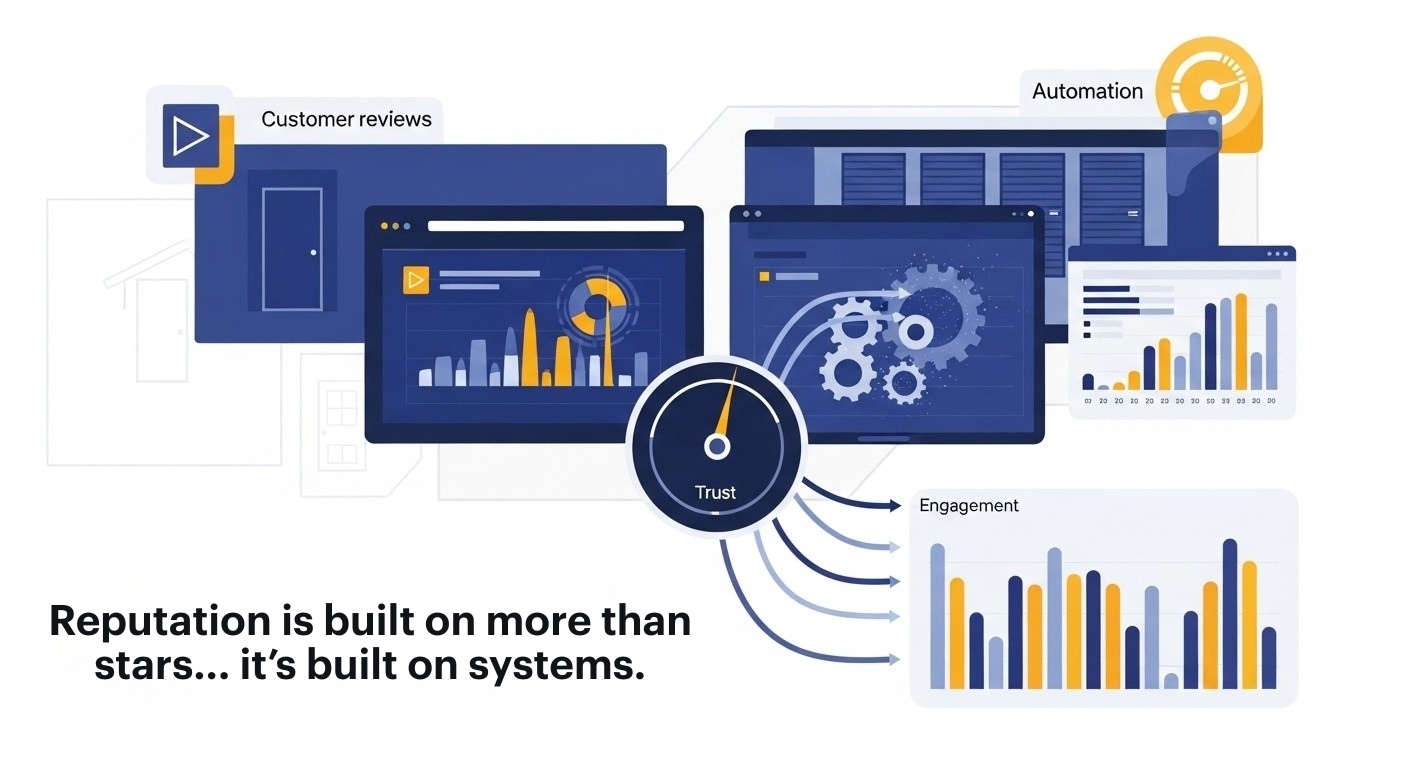
The Modern Reputation Management Framework
Operators who are doing this well today treat reputation management as a strategic process built on four pillars: activity, engagement, experience, and insight. Let’s break each down.
1. Activity – Generate Reliable Signals
A steady flow of reviews is more powerful than a spike of five-star comments. Google and other platforms interpret regular feedback as a sign of an active, trusted business. Operators must embed review generation into their workflow—post-move-in texts, automated emails linked to it, and simple review links offered on-site and online.
It’s not about “asking until they review.” It’s about strategically prompting it when the experience is fresh, and making the process friction-free.
2. Engagement – Respond and Show Up
Reviews are public conversations about your business—if you don’t participate, someone else will. Operators who engage consistently deliver two messages: “We’re reliable,” and “We care.” Even negative feedback becomes a commitment signal when answered thoughtfully.
Automated alerts, unified review dashboards and templated responses help maintain responsiveness across multiple sites—especially critical for portfolios.
3. Experience – Make Reputation Operational
Reputation today is more than what’s said—it’s what’s done. The user experience you build online and on-site becomes part of your reputation. Everything from ease of booking to gate access, online payments, and cleanliness matters.
In this sense, automation and connected data aren’t just efficiency tools—they’re reputation tools. The smoother the process, the fewer friction points, the fewer things to trigger a negative review or slow move-in.
4. Insight – Own the Story Behind the Stars
Data is your secret reputation engine. What review platforms don’t show is what’s happening behind the scenes: trends in move-ins, delinquencies, pricing errors, or rental holds. When you pull that data into dashboards, you can spot patterns, act before a complaint appears online, and proactively protect reputation.
Operators that treat data as part of reputation management build resilience—they don’t just react, they anticipate.
%20(1).png)
Beyond Stars: What Reputation Impacts
When done well, strong reputation management doesn’t just give you better reviews. It drives three powerful outcomes:
- Higher conversion rates: Facilities with consistent review activity, prompt responses, and smooth user flows convert more online leads into rentals.
- Pricing power: Operators with credible online presence don’t have to compete on price alone. The perception of trust reduces discount pressure.
- Lower cost per lead: When Google and other platforms recognize your facility as active, credible and responsive, you turn organic search into a lead generator—not purely a paid-advertising expense.
Building Your Reputation Playbook: Five Tactical Moves
Here’s a practical playbook you can put into action this week:
- Map the tenant journey online to move-in: Walk through your website, rental process and move-in flow as if you were a first-time renter. Are there any points of friction? Unclear pricing? Inconsistent messaging? Smooth out those areas to avoid reputational drop-offs.
- Automate review prompts at strategic moments: Set up triggers when a tenant rents, moves in, or has an interaction with staff. Use simple links and SMS/Email to invite reviews. If you have multiple sites, cluster these prompts into the same week to build momentum—not all at once.
- Implement a unified review-response system: Whether you have five sites or fifty, reviews shouldn’t be siloed. Use a dashboard to monitor all locations, set SLAs for responses, and keep your brand voice consistent. Automated alerts help you stay on top.
- Align operations and reputation: Clean units, secure access, prompt emails, mobile-friendly payments—these aren’t just operational tasks, they’re reputation touchpoints. Pick vulnerable links in your process and invest in solutions (automation, smart workflows) to raise the baseline.
- Turn data into action: Pull performance across sites into one dashboard. Look for: low review volume, slow response times, drop in new rentals following a bad review. Use that insight as your risk radar. Then fix the issue before it becomes a talking point.
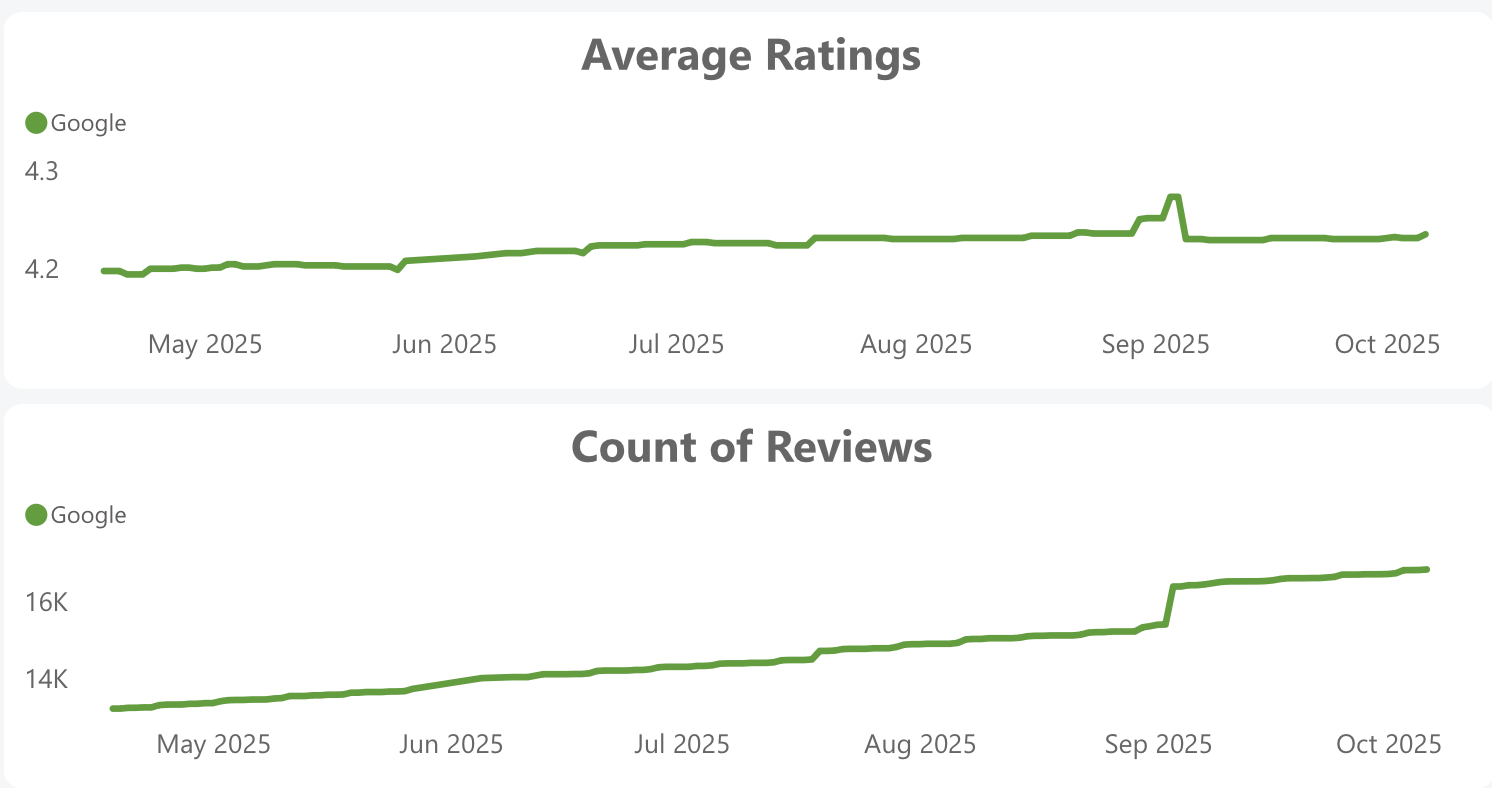
Why This Matters More Now Than Ever
Self-storage is no longer a hidden business. Renters research before they call. Search engines reward reputational strength. Investors and buyers increasingly factor reputation into valuations. The result is simple: reputation has moved from marketing tactic to operational strategy.
A recent industry article noted that reputation-management technology—AI-enabled alerts, review automation, unified dashboards—is now a business essential for self-storage portfolios, not an optional add-on.
In other words: if you’re still treating Google Reviews like an afterthought, you’re leaving a major performance lever untouched.
Final Thought: Make Reputation a Core Asset
Reputation is more than a star rating or a Google link—it’s every interaction, every click, every moment a tenant is evaluating you. Operators who win treat it as an investment: in their process, their system, and their data. They don’t just ask for stars—they command the experience behind them.
You don’t have to start with every tool or automation today—but you should identify your weakest link and fix it. Solid reputation builds trust. Trust drives rentals. Rentals power your business.
Start today—and move from managing reviews to owning reputation.
